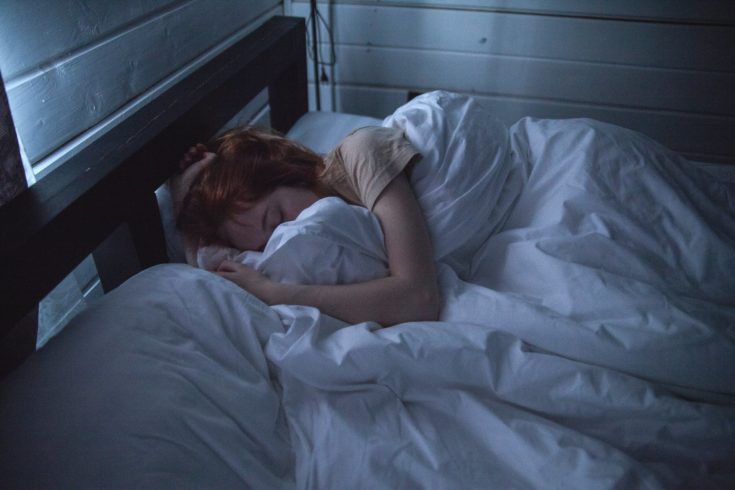Disclosure: This post may contain affiliate links, meaning we get a commission if you decide to make a purchase through our links, at no cost to you. Please read our disclosure for more info.

In This Post:
Type 1: Non REM (Rapid Eye Movement)
Type 2: Rapid Eye Movement Sleep
So, How Much Sleep Do You Need?
Tips To Maintain Proper Sleep Hygiene
- Ensure you sleep for the at least the recommended time at night.
- Avoid using smartphones, laptops and tablets right before bed.
- Invest in a good mattress like this from Sealy Posturepedic
- Eat supper early enough to avoid excessive fullness and alleviate heartburn which can interfere with proper sleep.
- Do not drink caffeinated drinks close to bedtime.
- Exercise on a regular basis to promote sleep, but avoid working out right before bed as it’s bound to keep you stimulated.
- If you always seem tired and fatigued in the mornings, visit your doctor as you might be suffering from insomnia, depression or sleep apnea.
